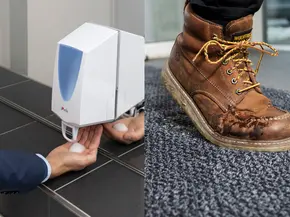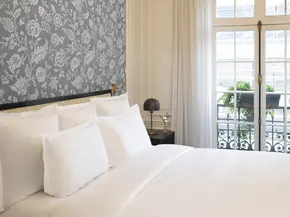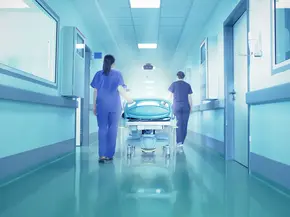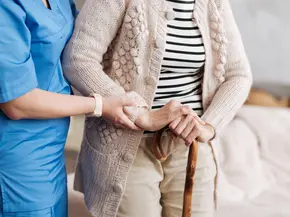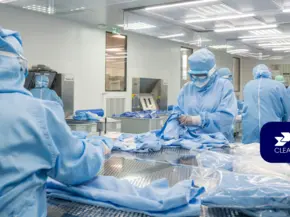Our CSR Policy
A business model based on circular economy
As a bespoke solutions company, sustainability is at the heart of our business model. We are committed to delivering a quality service while minimising our environmental impact. We always strive to create the conditions for a trusting and respectful environment with our employees and all of our stakeholders.
Our business model and our success has been based on the circular economy aspect.
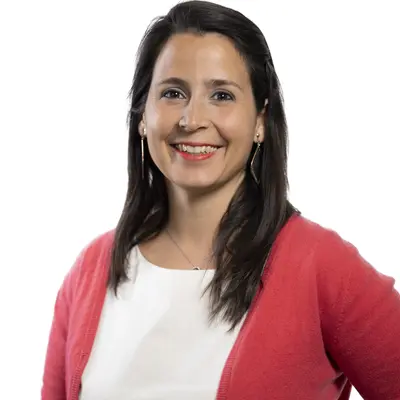
At Elis, circular economy is at the core of our business model and the foundation of our CSR strategy. We strongly believe that circularity is one of the solutions to face the current environmental challenges!
What is sustainable development at Elis?
Our business model is responsible by nature.
Our bespoke solutions model allows our customers to benefit from our services without having to buy the products they need. Because we maintain the products that we offer for rental, our offering naturally tends towards product lines that are designed to last.
This circular economy approach maximises the use of products, encourages their recycling and so reconciles economic growth with environmental impact.
But we are not stopping there. We use eco-designed products to promote alternatives to disposable products, and we work with our suppliers to minimise waste at the source. We optimise every kilometre travelled when it comes to logistics – an essential part of our strategy to be closer to our customers. For example, we use an eco-driving box placed in the service agent’s vehicle that calculates fuel consumption and advises the driver in real time. We are also reducing consumption of water, energy and laundry products at our industrial sites.
Our objectives are to:
- reduce our consumption of water, energy and laundry products by 25%
- work towards zero waste
In 2019, Elis defined new ambitious objectives for 2025, regarding a more efficient use of resources (water, energy, chemicals), textile recycling, product sustainability or employees well-being.
Elis' circular economy
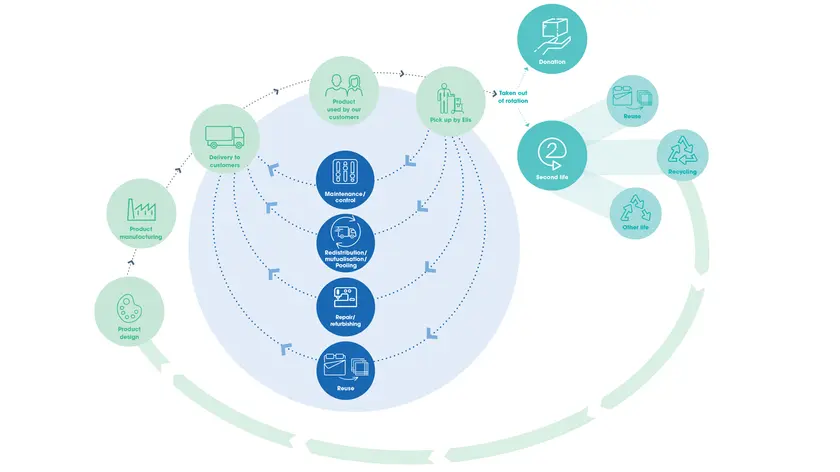
Our commitments
-
Circularity and exemplarity to reduce our impact on the planet
-
Empower our employees and support their development
-
Make a positive impact for society
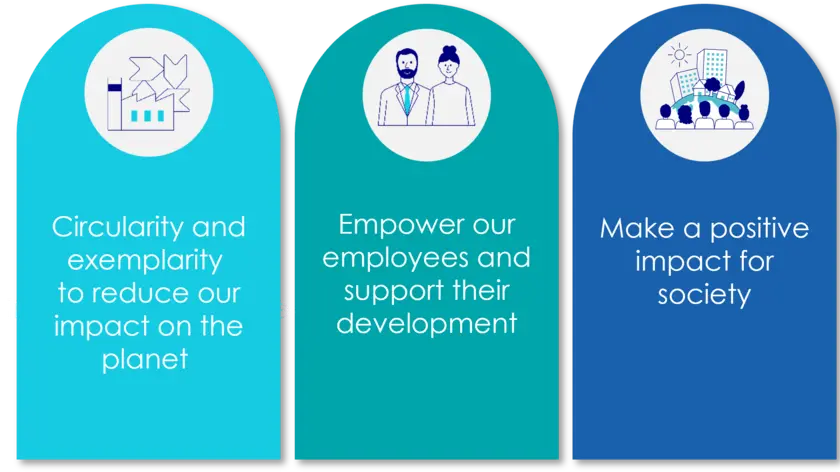
Our objectives for 2025
-
80%
of textiles reused or recycled at the end of the Group's life
-
-20%
reduction in CO2 emissions intensity in Europe (compared to 2010)
-
-50%
less water consumption in Europe (compared to 2010)
-
-35%
less thermal energy consumption in Europe (compared to 2010)
-
-50%
in lost time accidents
-
95%
of direct purchases are covered by a supplier's CSR assessment
Our climate strategy
Our CO2 emission reduction targets have been approved by the Science Based Targets initiative (SBTi) – an international reference.
These objectives are fully in line with the objectives of the 2015 Paris Climate Agreements to contribute to restrict global warming to less than 1.5°C compared to pre-industrial levels on Scope 1 and 2, and well below 2°C on Scope 3.
- SCOPE 1 and 2 : - 47,5 % *
Reduce absolute GHG emissions from direct emissions and indirect emission of the Group (eg: electricity, gas, diesel…)
- SCOPE 3 : - 28 % *
Reduce absolute GHG emissions from purchased goods and services, fuel and energy related activities, upstream transportation and distribution, employee commuting, and end-of-life treatment of sold products
*by 2030 from a 2019 base year
Sustainable product lines
Sustainability is embedded in our business model and forms part of our strategic vision. We develop innovative, durable, repairable and recyclable items.
-
Fair trade industry
Our Bio’s Fair bathroom linen, made from 100% organic fair trade cotton with a Max Havelaar label, guarantees comfort for your customers.
-
Eco-designed mats
Our floor mats are made from Phoenix fibres that are 100% produced from recycled water bottles.
-
Sustainable water cooler bottles
Our 100% BPA-free water cooler bottles can be returned and reused for six years.
-
Ecolabel for washrooms
Consumables in the Natur’Elis line carry the EU Ecolabel, certifying reduced environmental impact throughout their life cycle.
Real results
-
72%
of textiles reused or recycled by 2021
-
-40%
of water consumption since 2010, per kg of linen treated (Europe)
-
16%
of new managers are promoted internally
-
34%
of new managers are women
Non-financial ratings and prizes
Elis earns the EcoVadis Gold medal !
This gold medal underlines Elis' commitments in terms of sustainability.
What is EcoVadis ?
EcoVadis is a global standard for CSR assessments. They developed a platform that allows companies to assess their performance and improve their CSR practices. Today more than 150,000 companies collaborate with EcoVadis, this medal ranks Elis in the Top 5% of the companies.
Elis & EcoVadis
The EcoVadis assessment allows the Elis group to have a clear vision of its CSR performance but also to demonstrate its commitment to customers.
Supporting documents, observations, monitoring... these are all elements that have been analysed by international experts to give Elis a reliable and specific rating.
The EcoVadis assessments are grouped into 4 themes:
- Environment
- Labour & human rights
- Ethics
- Sustainable procurement
The Group achieved an A- the second time it participated in the climate questionnaire conducted by the Carbon Disclosure Project (CDP), compared with its B in 2021. The CDP is a non-profit organization that carries out independent assessments (with ratings ranging from D- to A Leadership) based on information provided by companies on their strategy, management, performance or even their role in engaging with their stakeholders about climate issues. The Elis Group is thus positioned higher than the average score for the sector in Europe (C) for this first reporting year, in the top 8% of companies engaging with their supply chain on climate.
In 2022, Sustainalytics significantly upgraded Elis’s ESG rating by nearly 10 points to 14.8 (“low risk”).
Innovation
Every year since 2008, we have set targets to reduce our water, energy and detergent consumption by 3-5%, following a proactive investment policy.
Our processing sites are equipped with high-performance technologies. Heavy-duty washing tunnels have been deployed across all sites. They process batches continuously, allowing optimal energy consumption by increasing how much linen is washed. Air to air and water to water heat exchangers are installed to save energy, while recycling systems are automated to recover water from one stage for use in another, where possible.
Clean water from the rinsing stage is reinjected into the pre-wash compartments, allowing water, laundry detergent and energy to be saved.
In Sweden, five laundries use biogas, saving 4,000 tonnes of CO2 a year.
On the logistics side, delivery routes are optimised with the help of dedicated software to reduce the kilometres travelled.
An increase in the number of clean vehicles
Our objective for 2025 is to significantly increase the number of eco-friendly vehicles while seeking to reduce fuel consumption of thermal vehicles, improve our fleet management tools, promote eco-driving and maximize the filling rate of our trucks
Since July 2020, 10 small trucks joined the Elis car fleet in France; they strengthen the Group's clean fleet to make a transition to more sustainable, cleaner and more responsible mobility.
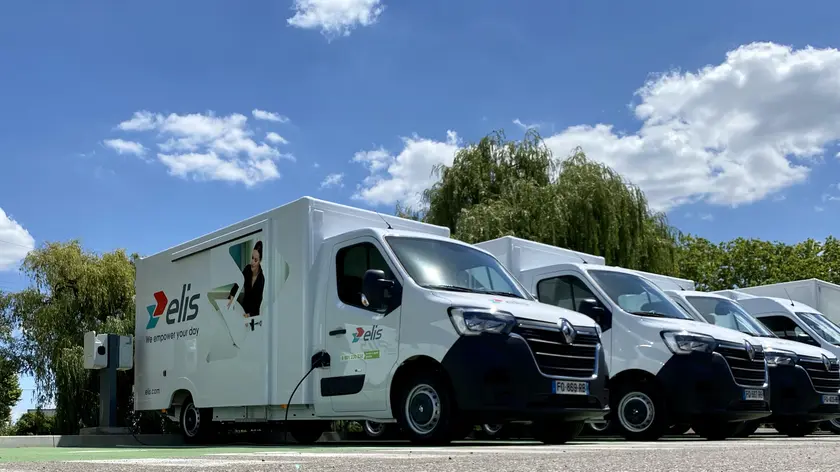
Subscribe to our newsletter

Want to know more? Contact us.
*Required fields
Contact details
Your legal name is the name that appears on your official documents.

